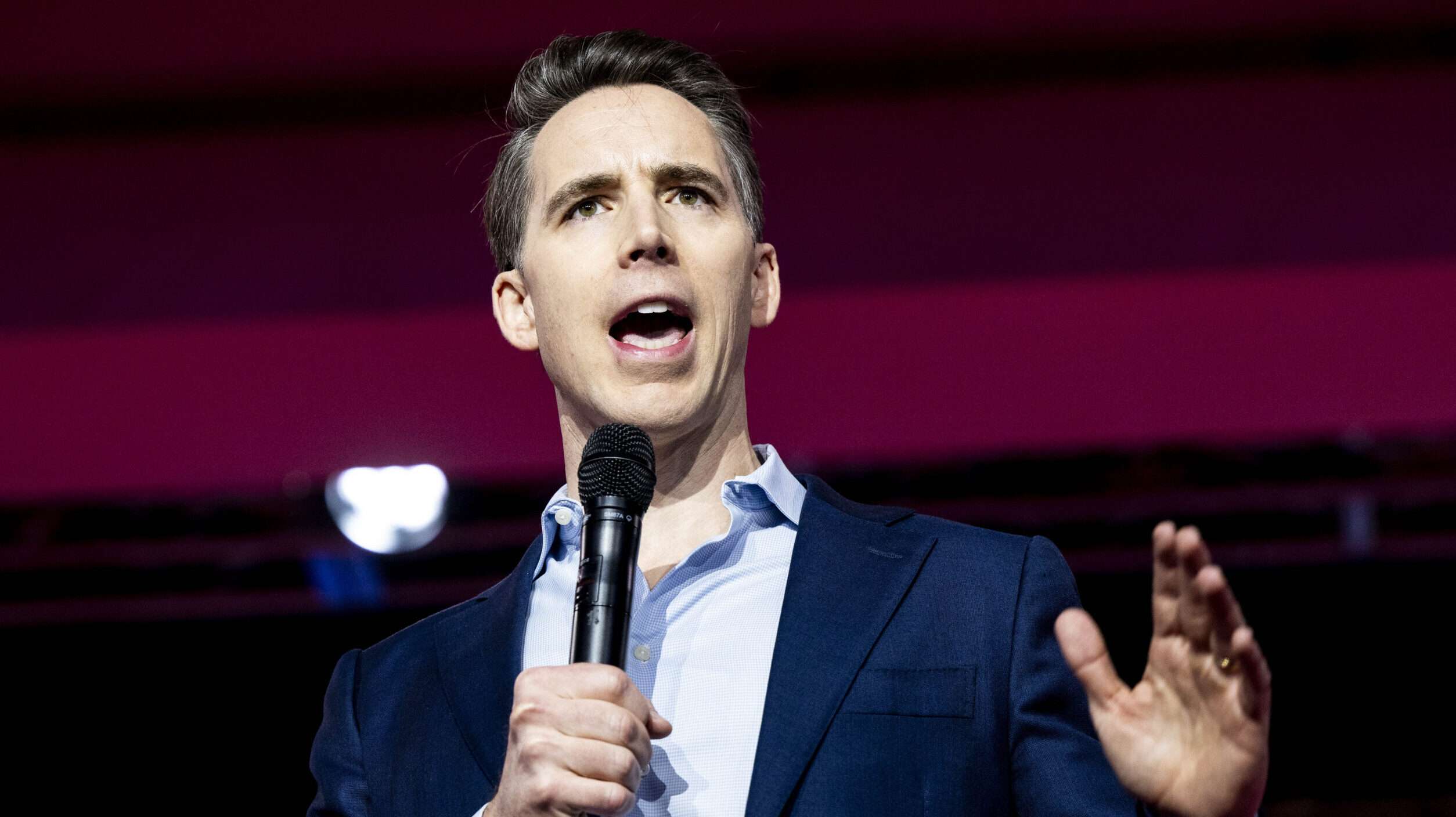Progressive politicians often criticize corporate greed, such as Gov. Gavin Newsom and his Democratic allies in California who attribute high gasoline prices to oil companies rather than their own policies.
This economic misunderstanding extends beyond California, as seen in congressional hearings on credit card rates. Senator Bernie Sanders has called for capping card rates at 10 percent to address record credit card debt and bank profits.
Contradictorily, Senator Josh Hawley, a pro-MAGA Republican, made a similar statement supporting the 10 percent cap, aligning with President-elect Donald Trump. This reflects the populist trend where extremes of Left and Right converge.
In an ideal scenario, politicians would advocate for policies that promote free markets and less regulation while leaving cultural matters to individuals and communities. However, both progressive and MAGA movements have embraced regulatory measures, deviating from the concept of freedom.
Populist approaches to credit card policy, like capping rates at 10 percent, may limit access to credit for those in need and result in unintended consequences. This shift towards regulation based on tribal loyalties rather than principled evaluations is concerning.
The populist trend extends to other policies, including trade and health, where governmental interventions may have adverse effects on consumers and individual choices. This departure from traditional libertarian principles marks a significant shift in political ideologies.
Despite positioning himself as a Trump resistance figure, Newsom shares common ground with the new administration, highlighting the blurred lines between traditional political divides.
This article was originally published in The Orange County Register.






